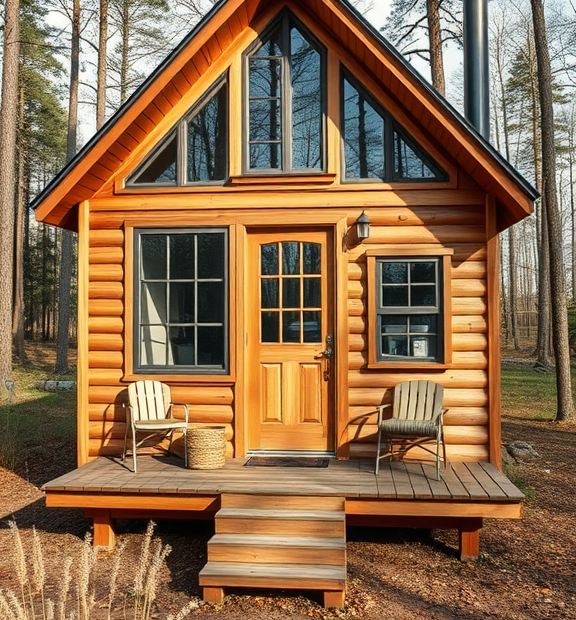Building a tiny house has become a popular trend for many seeking a minimalist lifestyle. However, potential builders often find themselves weighing whether there are more pros or cons to this compact living solution.
One significant advantage of tiny houses is affordability. The cost of building and maintaining a tiny home is considerably less than traditional homes, making homeownership more accessible. Lower mortgage payments, reduced utility costs, and minimal maintenance contribute to financial freedom, allowing owners to dedicate resources toward experiences rather than possessions.
Simplified Living is another major pro. Living in a smaller space naturally encourages a more organized lifestyle, promoting decluttering and the elimination of unnecessary items. This simplicity often leads to reduced stress and increased happiness, aligning with the principles of minimalism that many tiny house enthusiasts embrace.
On the flip side, there are undeniable cons to consider. Limited space can pose a challenge for those accustomed to larger homes or families needing extra room. Storage Solutions become essential, and the lack of square footage may feel constraining for some.
Additionally, zoning laws and building regulations can complicate the process. Navigating these hurdles may deter potential builders, as not all areas permit tiny homes, thereby limiting options for prospective inhabitants.
In summary, while the tiny house movement offers numerous benefits such as affordability and a simplified lifestyle, it also presents challenges like restricted space and regulatory issues. Ultimately, whether there are more pros or cons to building a tiny house will depend on individual circumstances and priorities. Weighing these factors carefully is essential for anyone considering this lifestyle change, ensuring the decision aligns with their long-term goals and desires.
